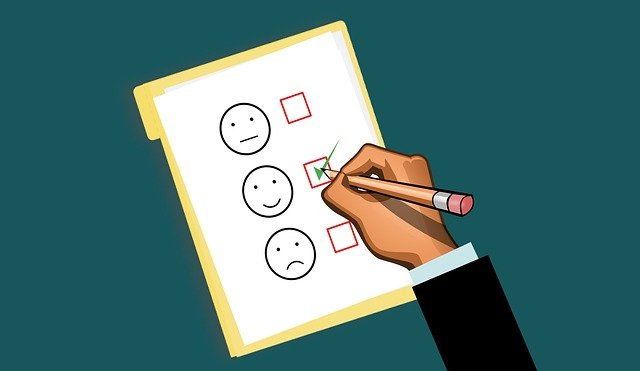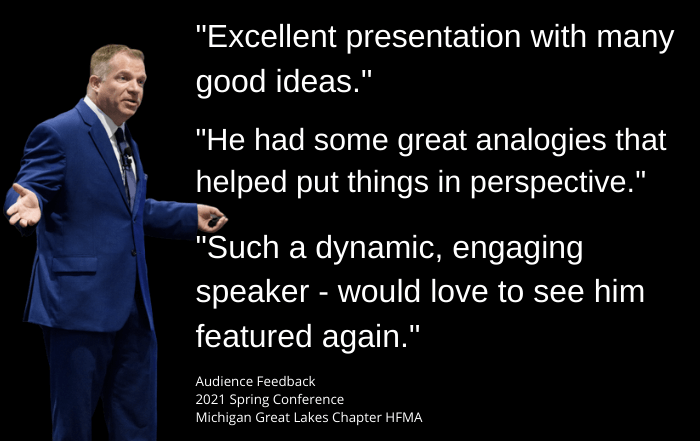 Even seasoned professionals may find themselves afraid of feedback. While this anxiety may come when you least expect it, its appearance could hurt your career.
Even seasoned professionals may find themselves afraid of feedback. While this anxiety may come when you least expect it, its appearance could hurt your career.
Recently, I saw this challenge displayed after watching a virtual presentation. While the presenter did a good job with the technology, material, and delivery, the speaker suddenly changed after saying, “Please send me your feedback on this talk.”
The speaker then said, “But please be nice in your comments. I didn’t have much time to put this talk together. And I was really busy today, so I felt rushed.”
In that moment, the speaker lost the earned air of confidence and competence. Remember, the presentation was good. But after all of the disclaimers, some may have thought, “What were the problems I missed?” or “The presenter lacks confidence.”
As part of your professional development, you need to learn how to not be afraid of feedback. Use these tips to help you deal with the advice:
Applause or Improvement?
If you’re asking for feedback, consider whether you want to hear applause or tips for improvement. Some just want to hear the good stuff. That’s fine but when you ask for feedback, most will see it as an invitation to comment on the less positive things. And they’ll do so, thinking they are helping you.
Getting information that runs counter to what you believe or want to believe, may not be easy to hear. It’s like taking your car for an oil change and finding out that you need a new engine.
But if you want to learn and make improvements, you need to be willing to hear all perspectives, even from those who deliver messages you may not like.
Consider the Source
I don’t drink much wine but I enjoy it. While I have some opinions on wine, I would never consider myself a sommelier. You shouldn’t either because my wine background is limited.
Opinions can come from any level of expertise. While all may have value, you should spend more time thinking about some than others.
Traffic Cop Approach
Think of feedback like traffic on a busy street, where there’s just been a car accident. Now imagine you are a traffic cop, who is helping to restore order.
A traffic cop pays attention to the oncoming vehicles and then waves them in a particular direction. The officer doesn’t stare at the cars and trucks after they go by. The focus is on the next vehicle.
This can be the same way you deal with feedback. Pay attention to the advice in the moment, consider if it’s useful, and then plan to act on it or dismiss it. Once you’ve considered the remarks, you live with your decision and move on.
You want to avoid a situation, where you’re agonizing over a few words that may have been nothing more than someone’s passing thought. Sometimes if you ask for feedback, people will come up with something, good or bad, just so they fulfill the assignment you’ve given them.
Why So Nervous?
Is there a reason why you’re afraid of feedback? If you feel like you didn’t have enough time to prepare, consider why that’s the case. Was it because you procrastinated or were you fulfilling a last minute request?
If there’s something you can do to help you prepare better in the future, then do it. You’ll likely then receive less negative feedback.
If your performance was impacted by factors out of your control, accept and celebrate that you completed the task, even if you feel the result is less than perfect.
Afraid of Feedback or Judgement?
After any performance, you probably judge yourself more than anyone else. Most remember things that are very good or very bad. Everything in between is forgotten relatively quickly.
And yet, we tend to give a lot of weight to any little flaw or negative comment. Some will give you negative feedback just to be supportive and especially when you’ve asked for it. Don’t be shocked, when you ask people to give you information to make you better, that they give you some criticism.
Thank them for the information, consider whether you can learn from it, and move on with your life. Don’t get lost in an endless cycle of judgement.






